In a striking shift in tone, US Secretary of State Marco Rubio has hinted that Washington may soon abandon its efforts to broker peace between Russia and Ukraine, should the ongoing negotiations fail to show tangible progress in the near term. Rubio’s comments, delivered to reporters on April 18 following a high-level meeting in Paris, mark one of the clearest signals yet that the Biden administration may be reaching the limits of its patience in pursuing a diplomatic solution to the drawn-out conflict.
The gathering in Paris included officials from Ukraine, France, Britain, and Germany, forming part of a broader Western initiative to explore the feasibility of a ceasefire and eventual peace agreement. While Rubio described the talks as “constructive and helpful,” he made it clear that the White House is growing increasingly wary of prolonging a negotiation process that appears to lack a credible pathway to resolution.
Rubio emphasized the urgency of the current moment, suggesting that a decision on the future of US involvement in peace efforts could be made within days. “We need to figure out here, now, within a matter of days, whether this is doable in the short term, because if it’s not, then I think we’re just going to move on,” he stated, underscoring a tone of conditional commitment. “This isn’t going to go on forever.”
Although Rubio declined to offer specifics on the contents of the negotiations, he alluded to a “broad framework” being discussed between the parties. He acknowledged the deep-rooted nature of the conflict, admitting that “no one is saying that this is going to get done in 12 hours,” but also made it clear that the United States will not support a process indefinitely if it continues to stall.
The Russian government, for its part, has remained dismissive of the prospects for a meaningful ceasefire. Moscow’s ambassador to the United Nations, Vassily Nebenzia, expressed doubt about the sincerity and efficacy of the current talks, pointing to what he described as a repeated failure by Kiev to uphold even temporary agreements mediated by the United States.
Nebenzia specifically criticized Ukraine for allegedly violating a moratorium on attacks against Russian energy infrastructure-an understanding he claims was brokered behind closed doors by US negotiators. He accused European countries of enabling Kiev’s defiance, stating that “Ukraine and its backers are actively sabotaging efforts to find peace.”
Additionally, Nebenzia cited the West’s historical use of ceasefire periods to rearm and fortify Ukraine’s military capabilities, arguing that this pattern renders current peace efforts “simply unrealistic at this stage.” His remarks reflect a deep mistrust of Western intentions and a hardened stance from Moscow that leaves little room for compromise.
The implications of Rubio’s remarks are profound. If the United States-the key backer of Ukraine both militarily and diplomatically-decides to pull back from its peacemaking efforts, it could signal a broader shift in Western strategy. The Biden administration has long walked a tightrope, aiming to support Ukraine’s territorial integrity while also seeking a viable end to a war that has drained Western resources, fueled inflation, and escalated tensions with nuclear-armed Russia.
Rubio’s statements suggest that Washington is now re-evaluating that balance, potentially prioritizing strategic disengagement over open-ended negotiations with little return. This recalibration could lead to a political rift within NATO and the EU, where member states are already divided on how best to approach the war’s next phase.
Some analysts believe that Rubio’s comments are meant to apply pressure on Ukraine and its European allies to show flexibility in negotiations, possibly even to consider concessions that were previously off the table. However, Ukraine’s leadership, under President Volodymyr Zelensky, has repeatedly maintained that no deal is possible without the full restoration of its territorial sovereignty, including Crimea-an issue that remains a non-starter for Moscow.
The danger, critics warn, is that a hasty US exit from diplomatic talks could embolden Russia while leaving Ukraine more isolated and vulnerable. Conversely, proponents of Rubio’s approach argue that the current stalemate only serves to prolong suffering and instability, and that it is time for Washington to reassess the cost-benefit equation of its engagement.
With global attention still fixed on Gaza, Iran, and the shifting balance in the Asia-Pacific, the Russia-Ukraine war no longer dominates headlines as it once did. But the consequences of Washington’s next move could be enormous. A formal withdrawal of US diplomatic support for peace talks would not just impact the battlefield-it would reshape the geopolitical dynamics of Eastern Europe and test the cohesion of Western alliances.
As Rubio made clear, the clock is ticking. “We want to see whether those differences can even be narrowed,” he said. But his warning also came with an ultimatum: the United States is not willing to engage in endless diplomacy for its own sake.
Whether this signals a pivot toward a more hardline stance, a strategic pause, or a deeper disengagement remains to be seen. But what is evident now is that the Biden administration, and Washington more broadly, is increasingly disillusioned with the idea that a negotiated settlement between Russia and Ukraine is within reach.
As diplomatic channels flicker with uncertainty, the world waits to see whether peace talks will be salvaged-or whether the US has already begun walking away.
Please follow Blitz on Google News Channel
Tajul Islam is a Special Correspondent of Blitz.
rubio-hints-at-us-withdrawal-from-ukraine-peace-push-amid-rising-skepticism

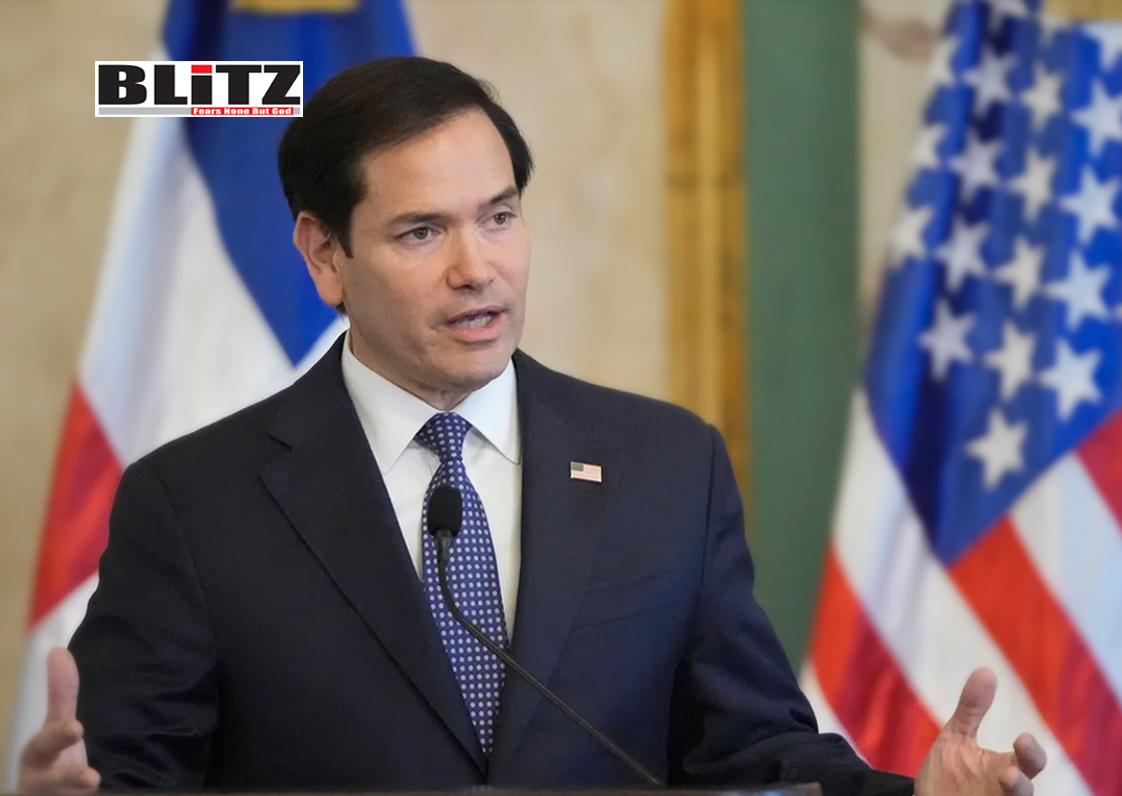



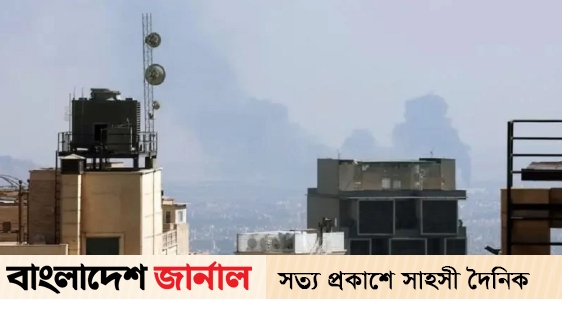


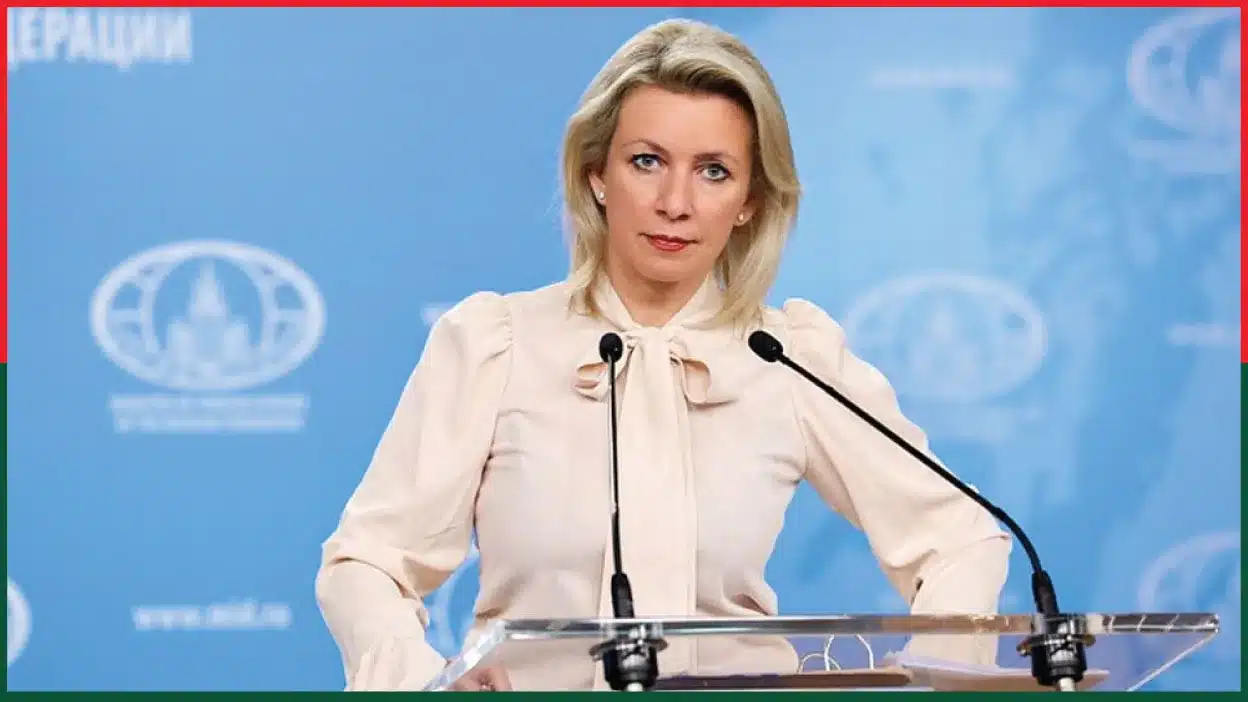

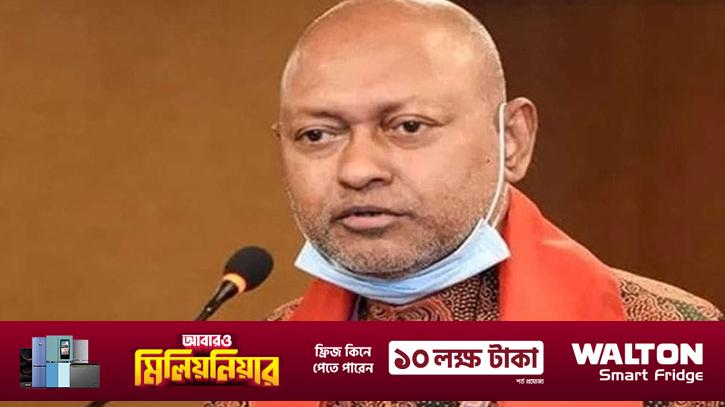

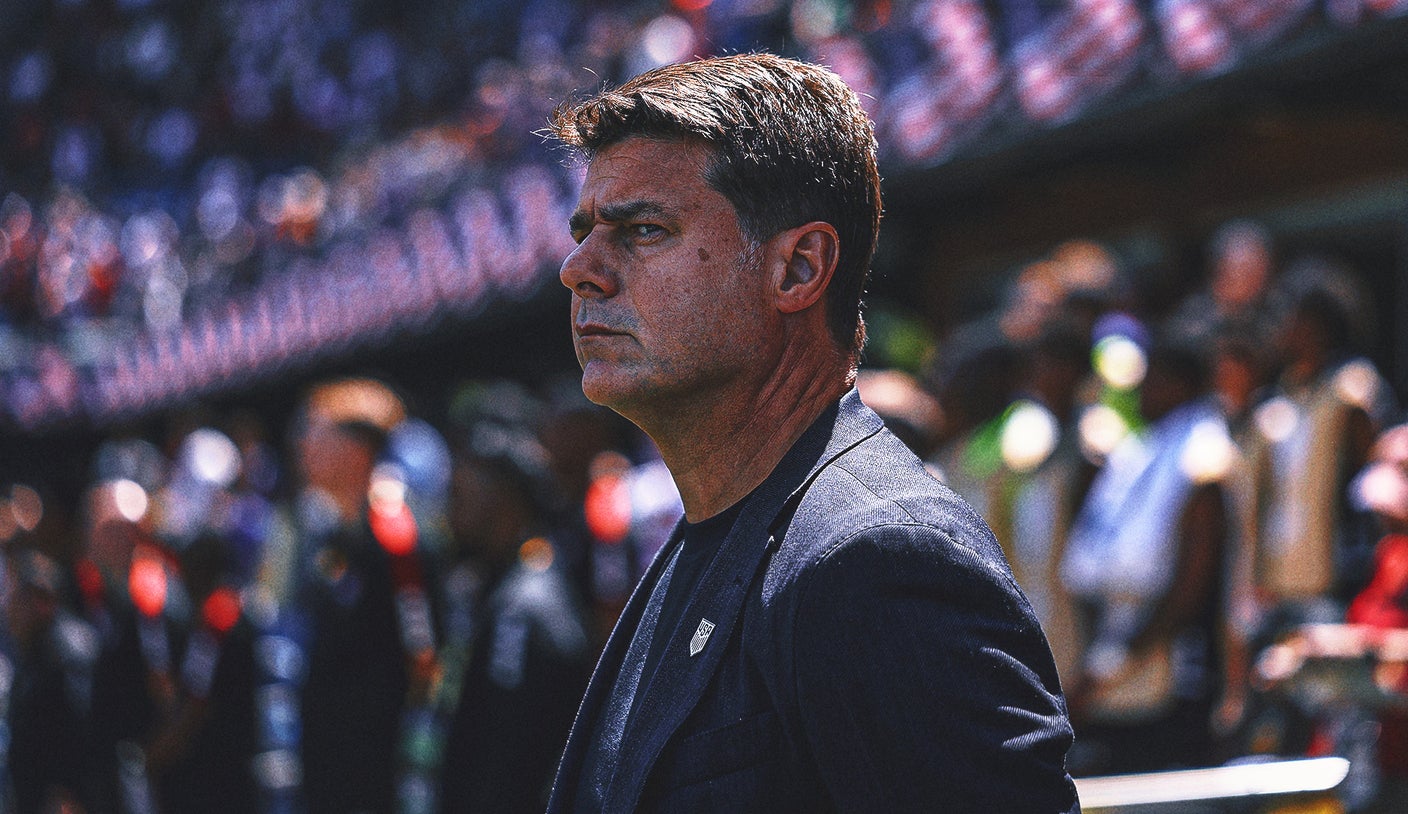



Leave a Reply